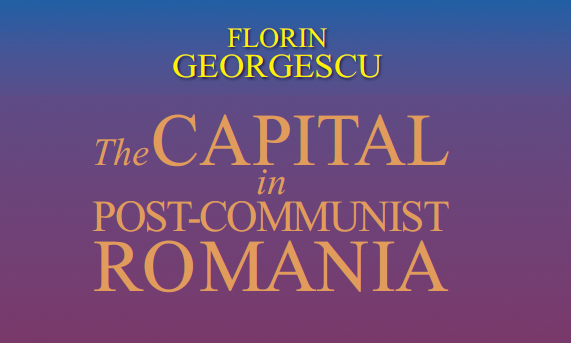Three words can mean a lot, both in someone’s love life and in financial markets, especially when it comes to major central banks. These words are “Whatever it takes” and they were voiced by former ECB President Mario Draghi back in July 2012, in a bid to persuade investors that the European economy was not in such dire straits as it seemed.
In addition to major health issues, Covid -19 creates major economic problems. The risk of a deep global recession is very high. It is a shock that reduces supply, especially through the shock on the labor force, through illness or social distancing, resulting in the closure of many activities in different industries.
Can powerful vested interests be overcome? Can all this be achieved within the time span that it appears we have at our disposal in order to obtain our habitat livable? How can we cope with so many disruptions and ruptures simultaneously?
Reforms in and of the euro area, to make it robust, would be more than welcome in accession candidate countries. As for its part, the Romanian economy needs to achieve a critical mass of real convergence and control its imbalances on a sustainable basis in order to enter the exchange rate mechanism and, after that, join the euro area under auspicious terms.
The book entitled The Capital in post-communist Romania (Florin Georgescu, Romanian Publishing House) is now available online
Romania belongs to Europe not only in geographical terms, but also thanks to its one-of-a-kind cultural features. Standing at the confluence of the East and the West, being the sole Christian Orthodox nation among the Latin peoples, the sole Latin-rooted speaking people in the Orthodox East and a cultural “melting pot” in itself, Romania boasts a culture that carries a valuable historical legacy. The National Bank of Romania is definitely a part of this legacy and was one of the key drivers of modern Romania.
A significant economic recovery in the euro area (EA) has been underway in recent years. Nevertheless, major challenges still remain as the Banking Union (BU) is incomplete and the EA is not yet robust enough when it comes to its tools and policy arrangements.
The global financial crisis has pushed central banks to broaden and heavily exploit their monetary toolkits as well as to find new instruments for the more delicate financial stability domain. One weapon in the arsenal, forward guidance, had be put to good use on the monetary policy field as central bankers strived to tame markets, buy time for reforms and persuade the public of the existence of a light at the end of the tunnel.
Monetary policy, in the future, will probably be a mix of monetary aggregates control (via the use of macro-prudential measures – which are a euphemism for capital movement control) and more pragmatic inflation targeting…



![“Climate change: why policy-makers and central banks need to be increasingly concerned”[1]](https://opiniibnr.ro/wp-content/uploads/2019/12/zzzzzzzzzzzzzzzzzzzzzzzzzzzchanges.jpg)






